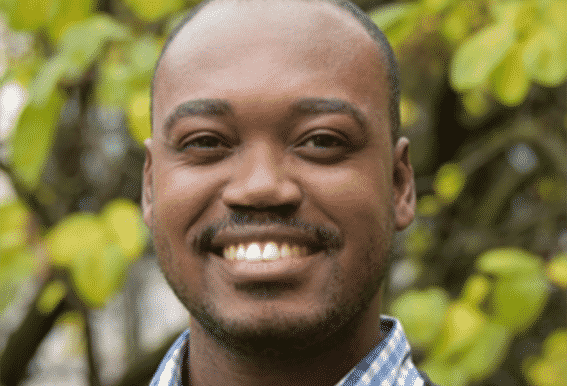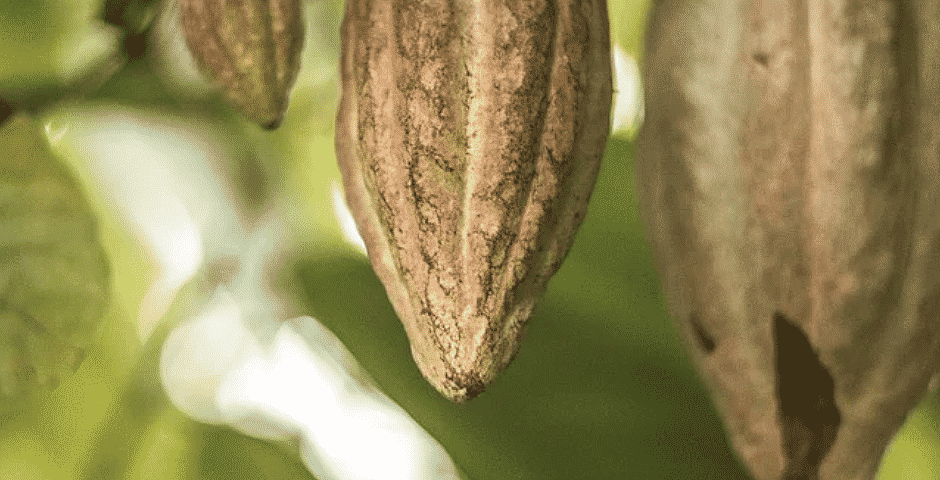Aché Atta-Boateng
Cacao Tree Expert
My Story
I grew up in a family of eight in Kumasi, Ghana, and they currently live in Accra. Each of us is unique, so home was very lively with lots of laughter. Perhaps, what we share in common is our deep-rooted faith and love for music. Almost everyone has been a chorister at some point. I sing tenor in the Oxford University Chorus, have been a church organist and choirmaster, and still do informal piano recitals when I can. Bach and Chopin are favourites, but I’m now discovering the exciting expressionism of African pianism.
My childhood interest in science was inspired by my mum, a dedicated science teacher and a ‘Best Teacher’ nominee in Ghana. She always supported me, patiently guiding me through several science problems in my Junior High School years, until I could solve problems even ahead of my grade. I feel forever in her debt.
My particular passion for plants began when I learnt how my family struggled when a year-long dry spell caused famine across West-Africa in the 1980s. The impact lasted beyond my birth. I have since dedicated my efforts to improving food security, particularly in sub-Saharan Africa. I earned my Bachelor’s degree in Wood Science & Technology at the Kwame Nkrumah University of Science and Technology, and then a Master’s degree in Forest Science at Yale University in the United States. After this, I stayed at Yale to undertake postgraduate training in Mechanical Engineering and Materials Science, which was a great opportunity to bridge biology and physical sciences. You see, trees are of course living things, and an enormous material mass! Seeing plants as living materials helps to innovate green solutions for evolving environmental problems. I began my DPhil at the University of Oxford in the Department of Plant Sciences, and am now positioned in the University’s Environmental Change Institute in the School of Geography and the Environment. I am an affiliate of the Oxford Biodiversity Network, and also a member of the Green Templeton Graduate Common Room Committee.
Growing up, I saw that plants, including weeds, could thrive in harsh conditions, and I always wondered why crops could not do the same. Whilst at Yale, I was provided with an opportunity to study plant stress physiology – a field of biology all about the way in which plants can cope with threatening conditions, such as drought. My peers and I developed a ‘non-hormonal biostimulant’ – a novel growth promoter to improve crop yields under tough savannah conditions. Since then, I have successfully cultivated plants – even in hot water – for engineering applications, such as the thermoGreenWall® carbon-fixing green cooling tower technology in the United States (see image above). My personal favourite project was an attempt to physically regulate leaf stomata opening and closure. Stomata are the cellular window through which plants “breathe” and “eat”. You can also say they’re the windows of terrestrial life.
My research on cacao trees
Most of you have probably enjoyed quite a few chocolate bars in your life! The single most important crop in Ghana is cacao. It has been the blood of our country’s economy for nearly eight decades, and it supports millions of families. Cacao fruit produces cocoa, which is the main ingredient for chocolate.
Imagine a world without chocolate! The fruit grows from the flowers after successful pollination. Pollination is a process where the male and female parts of a flower come together to bear fruit. The tiny cacao flower depends on different tiny insects, called pollinators, for help with pollination (see the image below). In return, the flower rewards pollinators with nectar (a sweet liquid produced by the flowers). Sadly, rising global temperatures threaten these sensitive pollinators, as do the pesticides used to control fruit-damaging insects. But, without them, we will not have chocolate, or many other important crops.
I am trying to understand the relationship between cacao trees and their pollinators. I am also trying to improve the productivity of cacao trees under difficult climate conditions using my previous skills in stress physiology. To achieve this, I conduct pollination experiments in several cacao plantations in South West of Ghana. I also collect thousands of insects with the help of enthusiastic high school students (see the photograph below). Fieldwork is the most fun part of my research. Then, I use the data to develop models. Models help us to make informed decisions now, and to predict future scenarios so we can better prepare and sustain cacao production even during tough conditions. More importantly, I would like you to continue to enjoy your chocolate well into the future.



